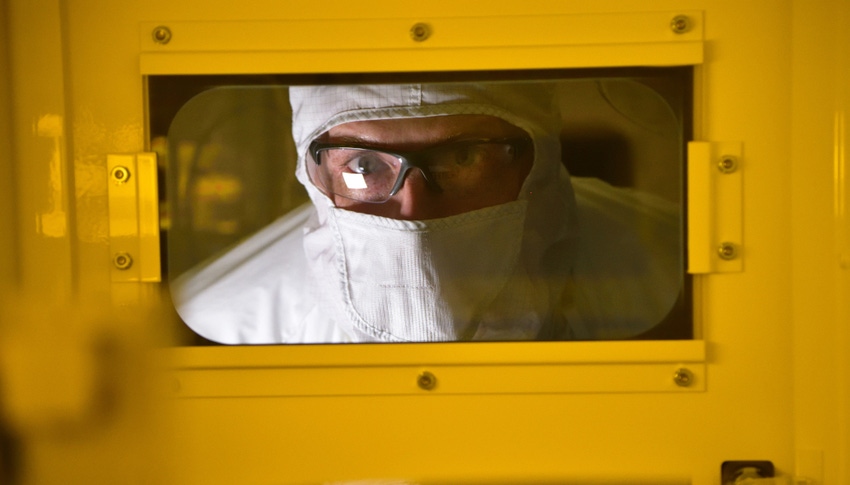Intel announces $30 billion chip investment drive
American chip maker Intel has entered into a partnership with investment firm Brookfield to jointly fund the expansion of semiconductor manufacturing centres in the US.
August 24, 2022

American chip maker Intel has entered into a partnership with investment firm Brookfield to jointly fund the expansion of semiconductor manufacturing centres in the US.
The two firms will jointly create a warchest of up to $30 billion which will be invested in Intel’s domestic chip making capabilities. This is described as a ‘first of its kind’ semiconductor co-investment programme, and in practical terms the money will pay for the expansion of Intel’s Ocotillo campus in Chandler, Arizona, with Intel funding 51% and Brookfield funding 49% of the total project cost.
Intel will retain majority ownership and operating control of the two new ‘leading-edge’ chip factories, which we’re told will support long-term demand for Intel’s own products and provide capacity for Intel Foundry Services customers as well.
“This landmark arrangement is an important step forward for Intel’s Smart Capital approach and builds on the momentum from the recent passage of the CHIPS Act in the US,” said David Zinsner, Intel CFO. “Semiconductor manufacturing is among the most capital-intensive industries in the world, and Intel’s bold IDM 2.0 strategy demands a unique funding approach. Our agreement with Brookfield is a first for our industry, and we expect it will allow us to increase flexibility while maintaining capacity on our balance sheet to create a more distributed and resilient supply chain.”
Sam Pollock, CEO of Brookfield Infrastructure, added, “By combining Brookfield’s access to large-scale capital with Intel’s industry leadership, we are furthering the advancement of leading semiconductor production capabilities. Leveraging our partnership experience in other industries, we are pleased to come together with Intel in this important investment that will form part of the long-term digital backbone of the global economy.”
The transaction with Brookfield is expected to close by the end of this year.
If you are in the business of setting up chip manufacturing in the west, there a few factors in play that are currently making access to funding in one way shape or form easier than ever before, whether through private investment entities or governments packages.
For the big asset investment firms, companies like Brookfield and KKR have been steadily investing/scooping up plenty of infrastructure in the telecoms space for a while now, and are clearly happy getting hooks into these sorts of long term infrastructure investments, which as well as towers and data centres now includes chip fabs.
Divisions of the EU and US are taking an interest because the global shortage of chips is hurting all sorts of industries, since everything down to a pencil sharper now has some sort of IoT gubbins built in, and because of geo politics. There is an reluctance to continue relying so much on factories in and around China, since relations are less than warm right now with Chinese government.
Intel actually references the various government packages it is currently working alongside, such the US CHIPS and Science Act that includes funding for $52 billion in incentives for the semiconductor industry, and the European Chips Act which has added €15 billion to an existing €30 billion pot to build new infrastructure.
As a strategy to lessen reliance on a key resource from a part of the world where relations seem to be worsening, it makes sense to want to do this. All this money sloshing around for microchips does however coincide with some serious economic turbulence in no small part created by another of the West’s geopolitical rivals – Russia – invading Ukraine and disrupting all sorts of things. Splurging such huge bags of cash into firms that are already turning profits while ordinary people are struggling with bills might not be the best optics – and some on the left of US politics such as Bernie Sanders have been quick to jump on this point.
Get the latest news straight to your inbox. Register for the Telecoms.com newsletter here.
About the Author(s)
You May Also Like











_1.jpg?width=300&auto=webp&quality=80&disable=upscale)


.png?width=800&auto=webp&quality=80&disable=upscale)